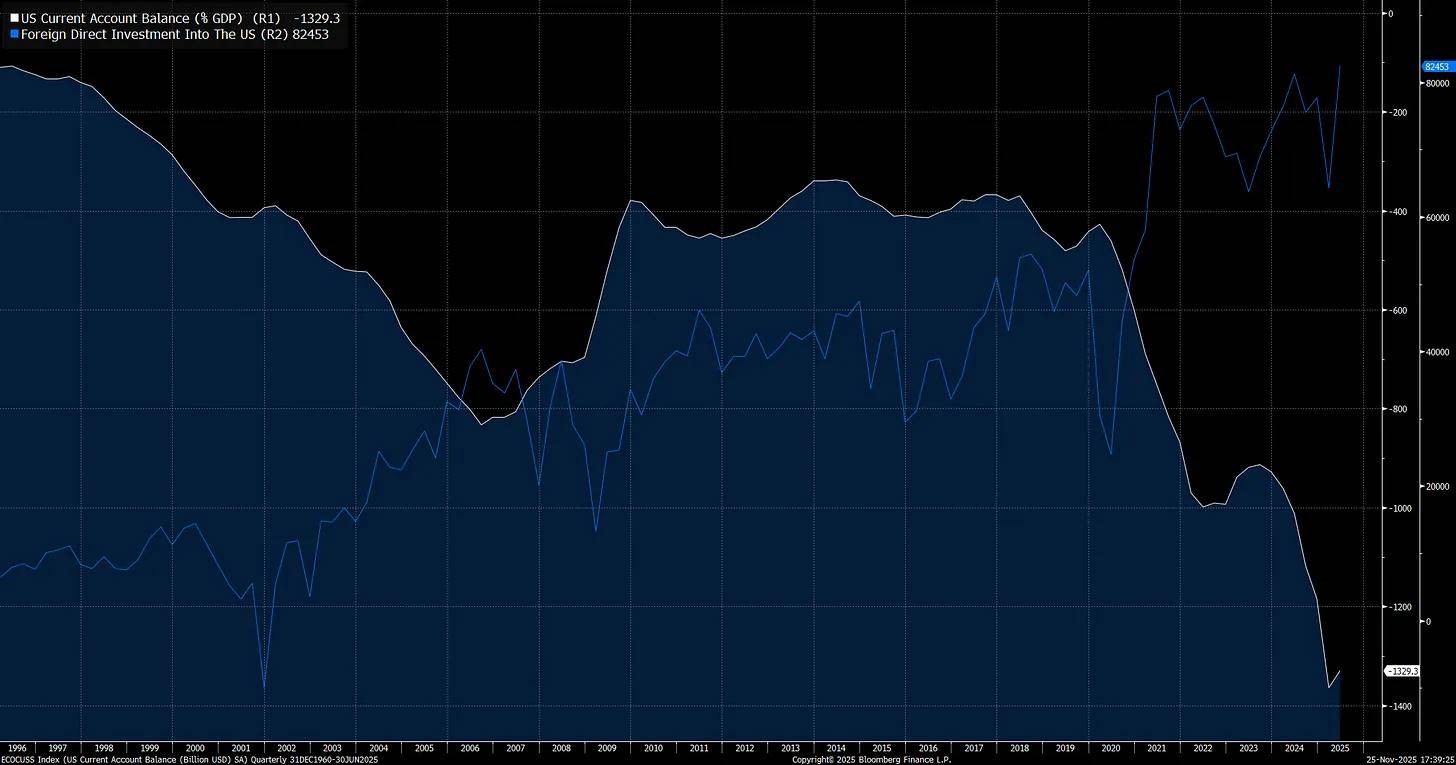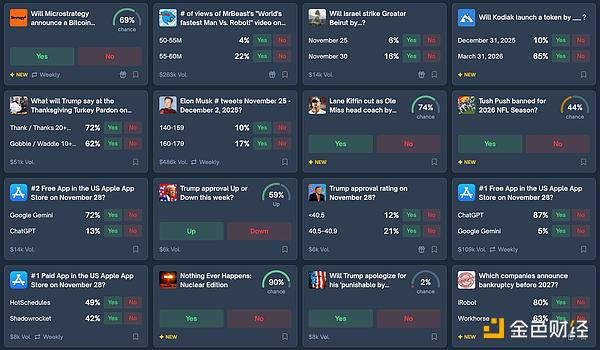Nvidia Tops Estimates, Stock Falls in After Hours on China Export Headwinds
Nvidia reported stronger-than-expected second-quarter results on Wednesday, extending its run as the world’s dominant supplier of AI semiconductors.
Yet shares tumbled in extended trading after the company confirmed that it sold no H20 chips to China during the period, reviving concerns over export restrictions and geopolitical risk.
The disclosure sent Nvidia’s shares down 3.4% to $176 in after-hours trading, as investors weighed the near-term impact of the regulatory backdrop on one of its key markets.
Revenue for the three months ended July 27 rose to $46.7 billion, Nvidia reported, up 6% from the prior quarter and 56% higher than a year earlier. Analysts had expected roughly $46 billion.
Net income surged to $26.4 billion, or $1.08 per diluted share, while adjusted earnings reached $1.05 a share, exceeding a $1.02 consensus.
Data center sales, which accounted for 88% of total revenue, hit $41.1 billion, boosted by a 17% sequential gain in Blackwell chip shipments.
Still, the 5% quarter-over-quarter jump did little to appease investors, adding to pressure on Nvidia’s stock.
CEO Jensen Huang remained upbeat, labelling Blackwell “the AI platform the world has been waiting for,” and pointed to growing adoption across hyperscalers, government partnerships, and sovereign model developers, according to a statement on Wednesday.
But the bullish tone was tempered by Nvidia’s confirmation that it recorded no H20 sales to China during the quarter.
The company revealed that it had diverted $650 million in H20 chips, initially intended for China, to a non-restricted customer abroad, unlocking a $180 million inventory reserve.
The H20 was previously designed to comply with U.S. export rules, but updated licensing requirements imposed in April 2025 effectively hindered sales into the Chinese market.
The move followed Washington’s tightening of AI chip controls, which now require export licenses for high-performance semiconductors destined for China in a policy move aimed at curbing Beijing’s access to advanced computing power for military and surveillance use.
While the numbers suggest continued strength in AI infrastructure demand, the muted stock reaction indicates that investors are becoming increasingly sensitive to macroeconomic risks, particularly the uncertain trajectory of U.S.-China trade policy.
Looking ahead, Nvidia expects Q3 revenue of $54 billion with gross margins forecast at 73.5%.
The board has also approved a $60 billion expansion of Nvidia’s share repurchase program in a bid to return capital to shareholders. A $0.01 dividend is scheduled for October 2.
Disclaimer: The content of this article solely reflects the author's opinion and does not represent the platform in any capacity. This article is not intended to serve as a reference for making investment decisions.
You may also like
Interview with VanEck Investment Manager: From an Institutional Perspective, Should You Buy BTC Now?
The support levels near $78,000 and $70,000 present a good entry opportunity.

Macroeconomic Report: How Trump, the Federal Reserve, and Trade Sparked the Biggest Market Volatility in History
The deliberate devaluation of the US dollar, combined with extreme cross-border imbalances and excessive valuations, is brewing a volatility event.

Vitalik donated 256 ETH to two chat apps you've never heard of—what exactly is he betting on?
He made it clear: neither of these two applications is perfect, and there is still a long way to go to achieve true user experience and security.

Prediction Market Supercycle

